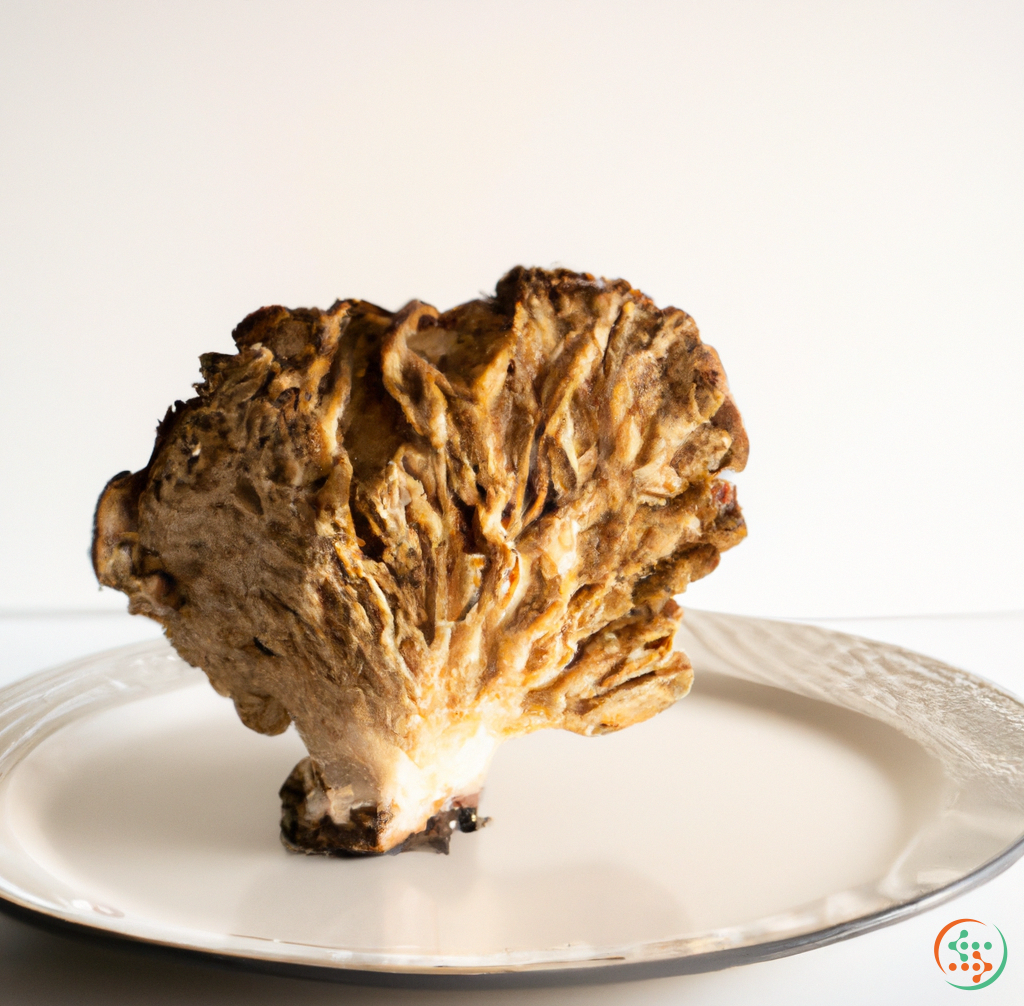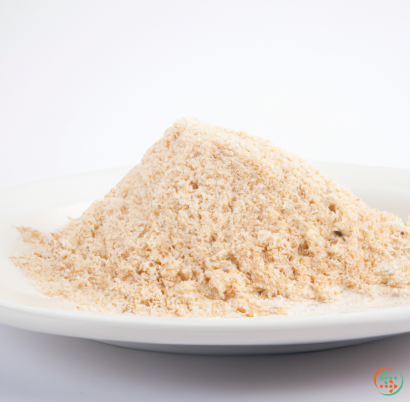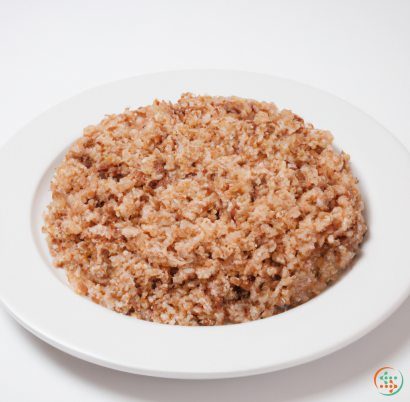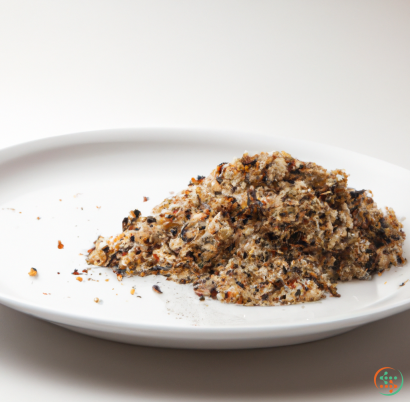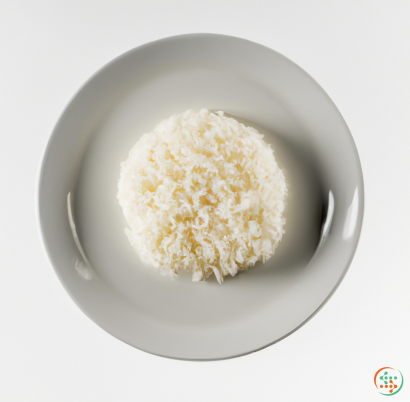Maitake Mushroom: Complete Vitamin Profile
Maitake Mushroom: Considered a good source of vitamins?
Yes, maitake mushroom is a good source of vitamins. It contains high levels of several essential vitamins including vitamin B1 (thiamin), B2 (riboflavin), B3 (niacin) and B5 (pantothenic acid). In addition, it has been reported to contain other important vitamins such as vitamin C, K, and A, which are important for cell growth and maintenance, especially in the elderly. Other trace elements like zinc, manganese and copper can also be found from its raw material form, offering more complete nutritional substance when consumed. Furthermore, study findings have shown that this type of mushroom helps reduce fatigue and supports healthy energy production due to its high iron content. Maitake mushrooms may help boost your immune system too by providing beta glucans and polysaccharides which may regulate certain hormones and therefore strengthen our body's ability to fight off disease.
Maitake Mushroom ‐ Vitamin Information
Maitake mushroom, or Grifola frondosa, is a unique species of edible mushroom native to Asia and North America. It is one of the most widely consumed mushrooms in the world and is renowned for its culinary uses, versatile texture, and excellent health benefits. The name “Maitake” means “dancing mushroom” in Japanese, due to the fact that it can be found growing on trees like clusters of dancing insects. Aside from being an excellent source of dietary fiber and low-calorie food, studies have shown that Maitake mushrooms are packed with essential vitamins and minerals such as Vitamins A, B6, C, E, and K1, which may provide various protective effects on our body.
Vitamin A is an important nutrient necessary for overall health, especially with regards to vision, immune system response, and skin & tissue repair. Studies suggest that it plays a role in reducing inflammation and helping combat certain illnesses. Vitamin A is an antioxidant which helps protect cells against oxidation and damage caused by free radicals. As far as Maitake mushrooms are concerned, they contain high levels of beta-carotene. Beta-carotene is the main precursor of vitamin A and gets converted into active retinoids when ingested. Thus, consuming maitake mushrooms can help support Vitamin A intake, which can ultimately promote better vision and healthier skin & tissues.
Studies have also identified significant amounts of Vitamin B6 present in Maitake mushrooms. This vitamin helps maintain brain function and development, along with nervous system regulation, hormone creation, red blood cell production, and glucose metabolism. Moreover, Vitamin B6 has been studied to exhibit potential anti-inflammatory activities and may aid in improving overall heart health. These benefits stem from the enzyme pyridoxal 5-phosphate (PLP) whose activity is enriched after ingesting Vitamin B6. Thus, through regular consumption of Maitake mushrooms, an individual’s daily Vitamin B6 intake could be improved, promoting better digestion and cognitive functions.
Additionally, Vitamin C is found in several varieties of Maitake Mushrooms, albeit at varying concentrations depending on its type and growing conditions. For example, Wild Shiitake mushrooms tend to contain more Vitamin C than other commercialized varieties, while the Velvet Foot variety yields the least amount. Commonly known forms of the vitamin include dehydroascorbic acid, mono-L-threonate, and bioflavonoids that together play significant roles in supporting a diverse range of biological processes, including immunity & wound healing. Research suggests that Vitamin C content in Maitake mushrooms promotes stronger teeth, bones and muscles. Further, Vitamin C works alongside some essential fats to form collagen molecules, strengthening skin structure. Enhancing an individual’s intake of Vitamin C via mushrooms should have beneficial effects on their physical longevity and general well-being.
Apart from this, Maitake mushrooms also boast high concentrations of Vitamin E compounds such as alpha-tocopherol, gamma-tocopherol, delta-tocopherol, and alpha-tocotrienol. These compounds work both synergistically and independently to regulate cellular signaling, prevent chronic disease progression, and exert cardioprotective effects. Alpha-Tocopherol, as part of the Vitamin E family, is especially efficient in neutralizing reactive oxygen species and can increase intracellular resistance to oxidative pressure. Ingesting substances rich in these compounds allows individuals to acquire appreciable levels of Vitamin E without having to consume fortified foods. Ultimately, increasing Vitamin E levels should enhance cardiovascular, respiratory, digestive and motor functions, postulating healthy aging.
Finally, Maitake mushrooms deliver sizeable quantities of Vitamin K1. This variation of the vitamin is primarily produced through plants and exists as phylloquinone, a plant-derived fat-soluble offshoot that assists in regulating calcium absorption. Various research findings discuss the importance of Vitamin K1 in maintaining bone integrity; interfering factors such as skeletal injuries disturb natural rates of de novo synthesis and biometry deposition, causing detrimental harm to the human skeleton. However, by consistently competing Vitamin K1 through diet, notably through Maitake mushrooms, people could significantly reduce risks of developing fractures and breaks in the long run.
In conclusion, Maitake mushrooms can provide notable nutritional value to anybody who decides to include them in their diets. Unlike most common food sources, they possess naturally occurring vitamins that, when combined, offer effective protection against undesired inflammations, traumas and diseases. Contrary to popular belief, different types of Maitake Mushroom sorb variability in terms of nutrient concentration, making necessary for people to keep track of their nutrition labels so as not to miss out on any beneficial components. Overall, few perks seem to rival the wide array of vitamins and compounds that come alongside eating Maitake Mushrooms, truly representing an accomplished delicacy valued across cultures.
| Vitamin D | 0.0281 mg | |
| Vitamin D2 | 0.0281 mg | |
| Vitamin E | 0.01 mg | |
| Vitamin B1 | 0.15 mg | |
| Vitamin B2 | 0.24 mg | |
| Vitamin B3 | 0.00659 grams | |
| Vitamin B4 | 0.0511 grams | |
| Vitamin B5 | 0.27 mg | |
| Vitamin B6 | 0.06 mg | |
| Vitamin B9 | 0.021 mg |
